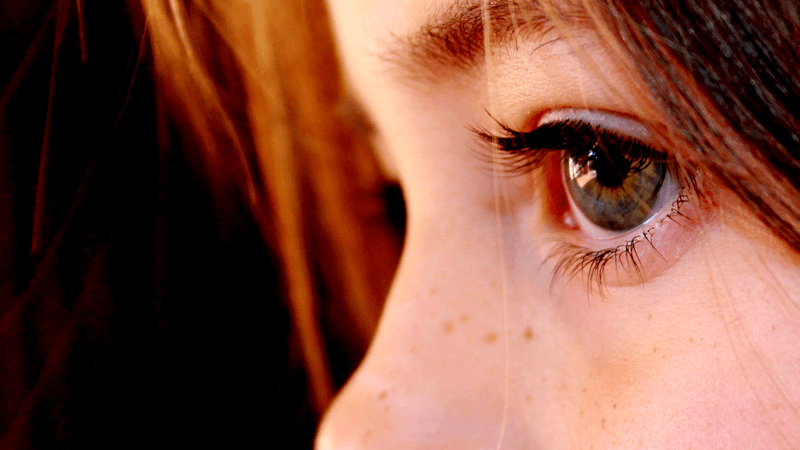Five former staff members at an NHS gender clinic for children are warning that young people are receiving unnecessary and damaging hormone treatment.
In November, the Gender Identity Development Service (GIDS) in London was accused of ‘fast-tracking’ children through its system.
An Oxford professor now says the centre is performing a ‘live experiment’ on children, by sending them for life-changing medical intervention.
‘No evidence’
GIDS has a team of medics, responsible for diagnosing gender dysphoria and handing out hormone blockers.
At the age of 16, many of the children are then issued with irreversible cross-sex hormones which helps them to ‘change sex’.
Carl Heneghan, Director of the Centre for Evidence-based Medicine at Oxford University, said GIDS were conducting an “unregulated live experiment”.
He said the treatments they offer are “supported by low-quality evidence, or in many cases no evidence at all”.
Damaging
One of the five whistleblowers said that the only reason she had stayed at the clinic so long was to prevent more children from being damaged by the treatment.
She said: “I felt for the last two years what kept me in the job was the sense there was a huge number of children in danger.”
unregulated live experiment
Last year 2,519 children, some as young as three, were referred to the gender clinic. In 2010, the number was 94.
Experts say the number is increasing as transgender lobby groups, such as Mermaids, encourage vulnerable young people to push for medical intervention.
Unethical
Another whistleblower said: “Mermaids are always saying this is a matter of life and death.”
“The reality is that if you say the right trigger words, get Mermaids on your side, by 11 you’ll be on hormone blockers and by 16 you’ll be on hormones. That’s not ethical.”
Earlier this year it was revealed that GIDS had hidden results of its use of experimental puberty blockers on teenagers.
The study showed that its hormone treatment could have devastating outcomes including “a significant increase” in the number of adolescents who said they “deliberately try to hurt or kill themselves”.
Rejects
In an online statement GIDS said it “strongly rejects” the evidence offered by the whistleblowers.
It claimed: “Thus far, there is little reported evidence of harm.”

